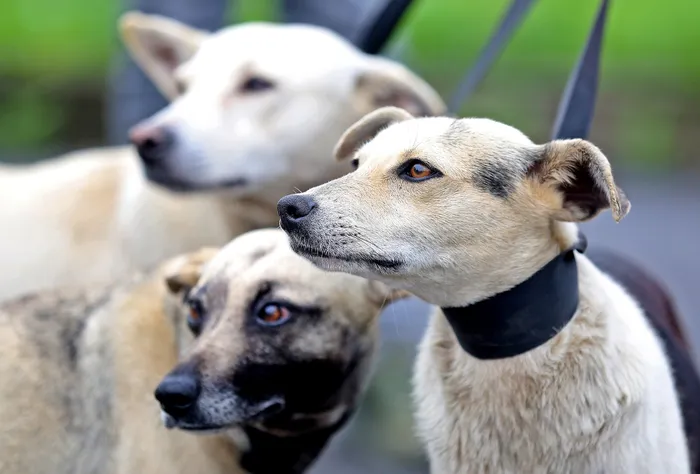Urgent call for rabies awareness and pet vaccination in South Africa

The National Institute for Communicable Diseases (NICD) urges South Africans to take rabies seriously, highlighting alarming trends in outbreaks and the critical need for vaccination.
Image: Independent Newspapers Archives
The National Institute for Communicable Diseases (NICD) is calling for increased awareness and preventative action against rabies following the release of a new surveillance report, which highlights persistent outbreaks and the critical importance of targeted interventions.
Published in the latest edition of the Public Health Bulletin South Africa (PHBSA), the study titled “Epidemiological trends of animal bites and human rabies cases in Limpopo, South Africa, 2011–2023: A retrospective review” points to ongoing risks in several provinces, with most cases reported in Limpopo, KwaZulu-Natal, and the Eastern Cape.
“Rabies is almost always fatal once symptoms appear,” the report states, adding that the disease is transmitted primarily through the saliva of infected animals, mostly dogs, via bites, scratches, open wounds, or mucous membranes. However, the NICD stresses that it is preventable through timely post-exposure prophylaxis (PEP).
A KwaZulu-Natal resident died recently after contracting rabies when he was bitten by his dog. The eThekwini Municipality said it is collaborating with the KZN Department of Agriculture and Rural Development, particularly in high-risk areas known for rabies prevalence.
Lead author of the study, Unarine Makungo, said, “This article provides vital, evidence-based information on the ongoing risk of rabies in Limpopo province, where outbreaks still occur and children are disproportionately affected.”
Makungo emphasised the importance of dog vaccination, public awareness, and prompt medical treatment following animal bites. “It highlights the importance of dog vaccination, public awareness, and timely medical care after animal bites. The findings are directly relevant to healthcare providers, policymakers, and community members who play a role in rabies prevention and control.”
She further stated, “I hope this surveillance will help guide targeted vaccination campaigns in high-risk areas, ensuring that at least 70% of the dog population is vaccinated. It should also inform public education initiatives on rabies risks and appropriate responses to animal bites.”
According to Makungo, rabies prevention efforts must extend to rural and underserved areas where access to PEP remains a challenge. “Additionally, it can support awareness for access to free and timely PEP, particularly in rural and underserved communities.”
Makungo also highlighted the need for intersectoral collaboration. “Ultimately, the goal is to reduce the incidence of rabies and animal-bite injuries, moving South Africa closer to achieving zero human deaths from dog-mediated rabies by 2030.”
The public is urged to seek immediate medical care for PEP after a dog bite. Wounds should be washed thoroughly for 15 minutes, and suspected rabid animals must be reported to veterinary services. Post-exposure prophylaxis (PEP) is available free of charge at public facilities.
The PHBSA is a joint initiative of the NICD and the National Institute for Occupational Health.